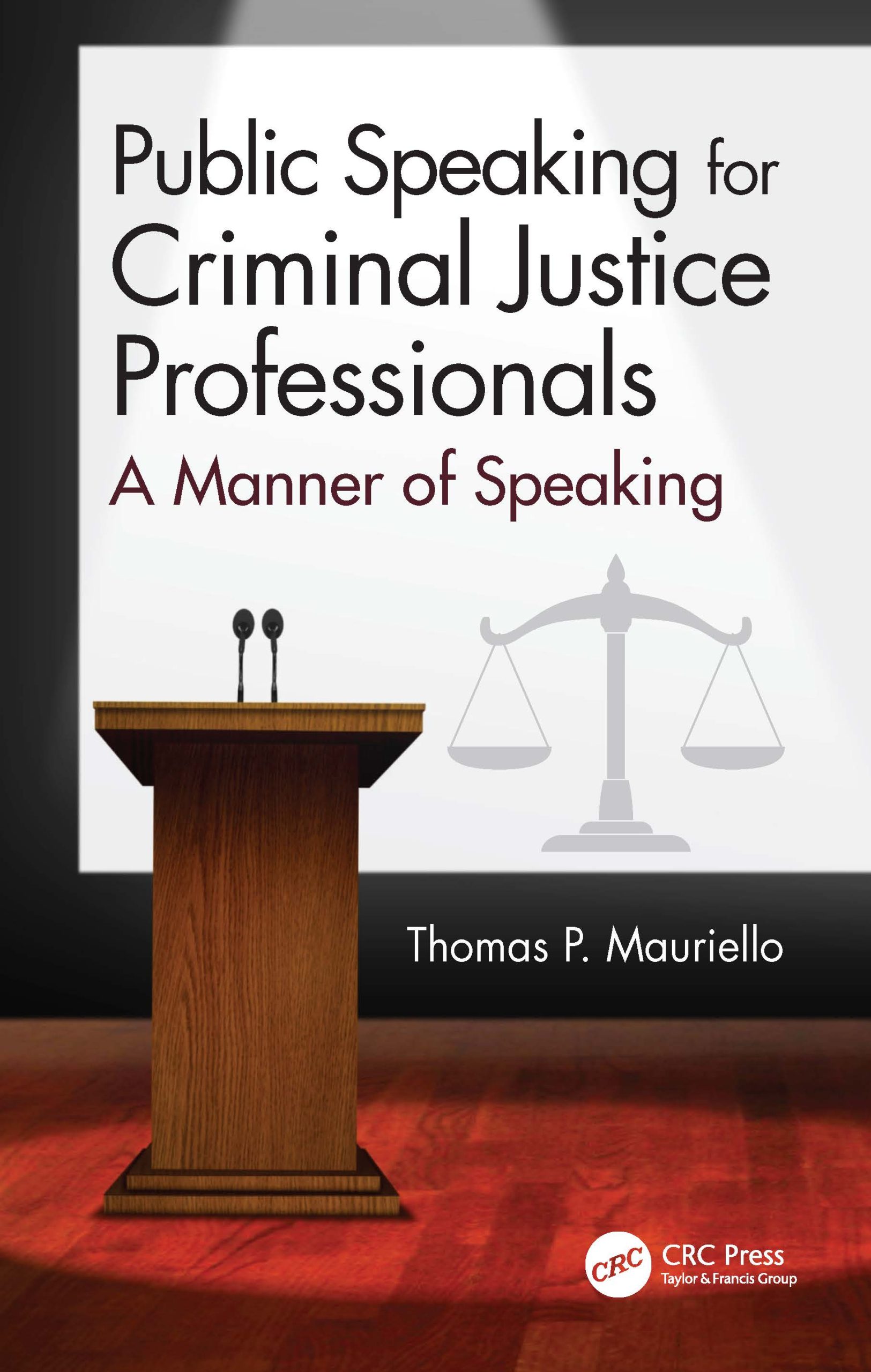Supreme Court Decides on Police Collection of DNA Upon Arrest
This past Monday, June 3, 2013, the Supreme Court in a 5-4 decision upheld a state law that allows investigators to take genetic information from arrestees, a practice followed by the federal government and 28 states. Police generally compare suspects’ DNA to records from other cases in hopes of developing leads
Justice Anthony Kennedy, writing for the majority, said “DNA collection was a legitimate booking procedure akin to fingerprinting and photographing for the purpose of “identifying” suspects.”
But in a dissent that aligned some of the court’s liberal members with conservative Justice Antonin Scalia, the minority said the court’s decision overextends police powers. Scalia quoted Maryland Gov. Martin O’Malley and Attorney General Douglas F. Gansler describing DNA collection as a crime-fighting tool.
“Make no mistake about it: As an entirely predictable consequence of today’s decision, your DNA can be taken and entered into a national DNA database if you are ever arrested, rightly or wrongly, and for whatever reason,” Scalia wrote. He took the rare step of reading the statement from the bench. “In fact you could argue the taking of DNA is less intrusive than fingerprints — at least you don’t have ink on your fingers,” he said.
Law enforcement is already authorized to handcuff suspects, pat them down, draw blood, and strip-search someone before taking them to a jail cell, he said. “Clearly, they can touch the inside of your cheek and take a DNA swab,” Gansler said.
Stephen B. Mercer, chief attorney within the Maryland Public Defender’s Forensics Division, said he believes the decision could set the stage for a universal DNA database made up of all citizens.
“DNA testing has little to do with identification and everything to do with solving unresolved crimes,” said Steven R. Shapiro, the ACLU’s national legal director. “While no one disputes the importance of that interest, the Fourth Amendment has long been understood to mean that the police cannot search for evidence of a crime … without individualized suspicion. Today’s decision eliminates that crucial safeguard.”
This is an important decision that will make a positive difference in solving cases that otherwise would never be solved.






